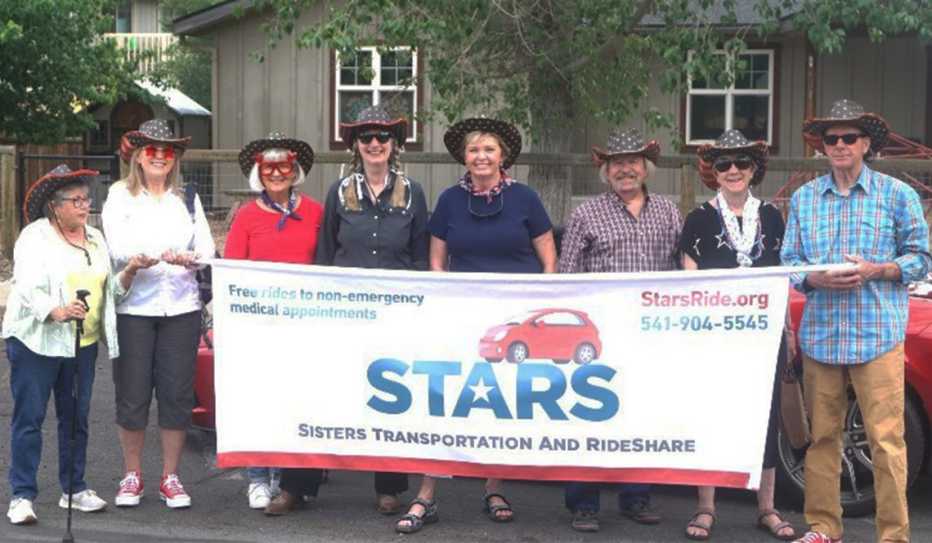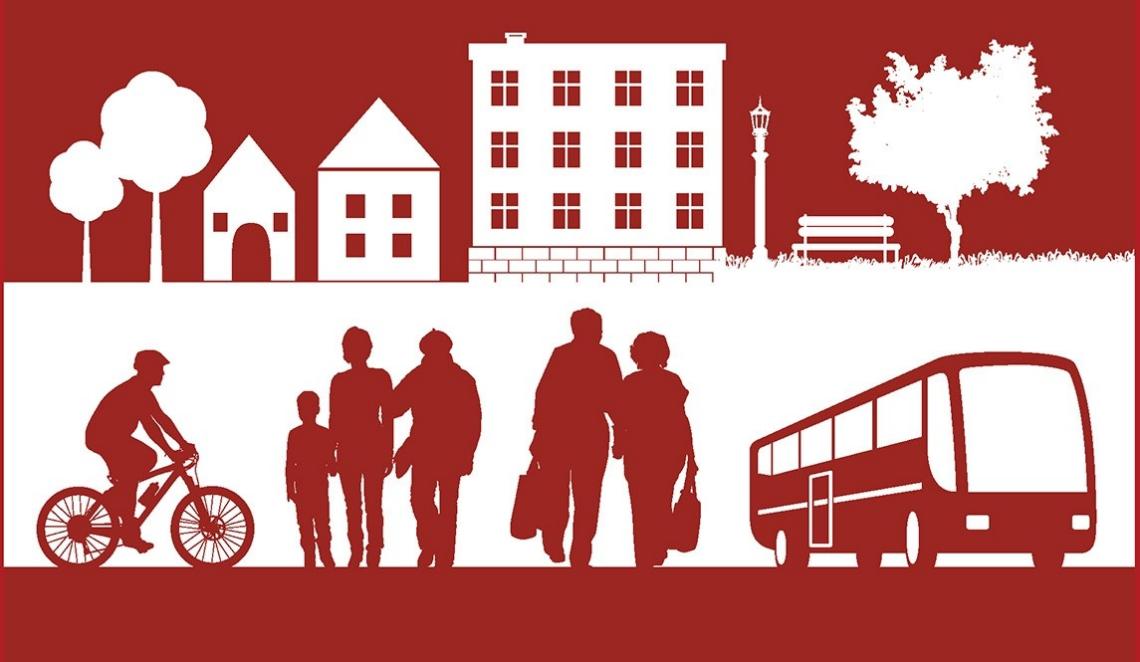AARP Hearing Center


The Challenge: A resident survey in Sisters, Oregon, a town of about 3,000 people, revealed that the lack of local transportation is a major problem, especially for older adults.
At a follow-up community meeting, several attendees shared that the lack of transportation impaired their access to medical care.
The survey and the personal testimonies inspired a small group of residents to create an all-volunteer, free transportation service for health care visits. They named it STARS — short for Sisters Transportation and RideShare —and gave it the singular mission: “To provide non-emergency medical rides to Sisters’ residents who are unable to drive themselves.”
“We didn’t do studies or pilots before starting the service,” says Rennie Morrell, a volunteer who serves as the nonprofit's executive director. “When 100 people in a small community say there’s a need for something, it’s worth looking at it.”
The Response: STARS launched in March 2020 with six volunteer drivers, all of whom were age 50-plus. STARS now operates with a crew of 40 volunteers.
It’s a coincidence that STARS debuted at the beginning of the COVID-19 pandemic. Rides were provided as needed during that period and, says Morrell, drivers were delivering needed items to residents who were too scared to leave their homes. STARS volunteers also handled Meals on Wheels deliveries due to many of that program's volunteers stepping aside during the pandemic.
In 2024, STARS provided 726 roundtrip rides, driving more than 32,000 miles in support of residents who had weekday healthcare appointments in Sisters as well as in two neighboring towns.
“We’re located about 25 miles from specialty care, and our residents primarily go to specialty care providers,” says Morrell. “It’s not uncommon for rides to cover 100 miles round-trip.”
Passengers are not allowed to tip the drivers but they are encouraged to make a donation to STARS, which relies entirely on donations and grants. The organization is working to attract consistent funding from larger sponsors.
How It Works
Drivers use their own vehicles and are reimbursed for mileage. An Oregon statute protects volunteer drivers from being accountable for any claims exceeding their personal liability insurance.
Although the drivers are only required to take passengers door-to-door to and from medical appointments, most make added stops for riders, often to the grocery store. “One passenger had a hankering for Chinese food," Morrell notes. "So the driver stopped at the takeout place."
Eligible riders are residents of the Sisters school district (an area of about 10,000 people) who need transportation to a health care appointment. Passengers must:



































































